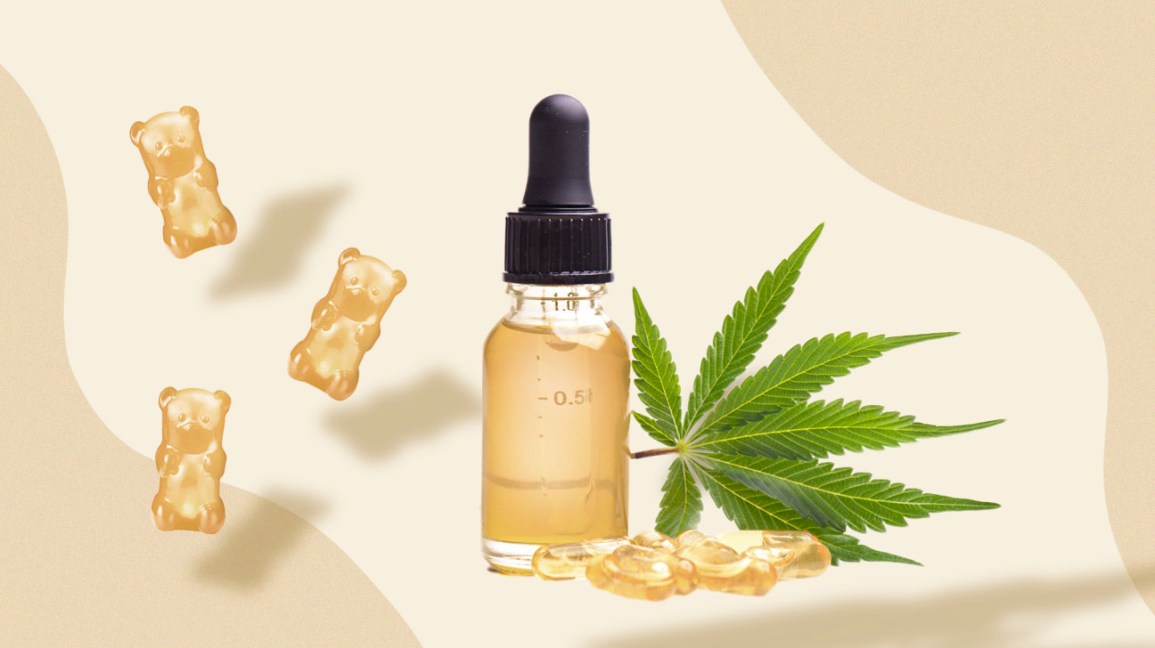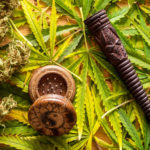Is It Safe to Use Cannabidiol (CBD) As An Anxiety Treatment?


Is It Safe to Use Cannabidiol (CBD) As An Anxiety Treatment?
Cannabidiol or CBD is a rare, terpinen-4-ol compound found in medicinal cannabis. Cannabidiol, also called CBD, is one of the few terpenes produced by the cannabis plant. Cannabidiol is an important phytocannabinoid found in only 1940. It constitutes more than 40% of the total plant's medicinal extract and is one of the potent strains of cannabidiol, which produces significant antispasmodic, antibacterial, neuroprotective, sedative, and antidepressant properties.
Clinical trials have shown - that the plant extract has anti-cancer, anti-inflammatory, antioxidant, anti-mutagenic, and other disease-modifying properties. Some evidence suggests that CBD may be useful in the treatment of Parkinson's disease (PD), chronic pain, depression, anxiety, glaucoma, herpes, osteoarthritis, rheumatoid arthritis, and several other diseases. In clinical trials, patients who have had stroke, cataracts, multiple sclerosis, and multiple sclerosis have experienced relief from some of their symptoms after taking CBD. The use of CBD may be particularly helpful to patients who are experiencing the harmful side effects of certain prescription medications for these very same conditions.
Cannabidiol may be useful in the treatment of chronic pain - including chronic pain caused by arthritis, scoliosis, bursitis, or postoperative pain. It has been shown to relieve pain in patients who have undergone spinal cord surgery. Some evidence suggests that CBD may also relieve the pain of cancer patients undergoing chemotherapy. If CBD is used in combination with conventional pain medicine, however, it may not produce complete pain relief. Therefore, further studies are needed to determine if CBD is effective in the treatment of pain due to any cause.
People with anxiety disorders - have also reported positive results with CBD products. In one study, participants were given doses of CBD and an anxiolytic drug called anxypark, which is marketed under different names (anxiolytics) such as Harmat and Xanax. Both drugs had significant anticonvulsant effects on the test subjects. One of the most promising results was that F.D.A. the subjects experienced a significant reduction in their electrical nerve stimulation, while the placebo did not.
Another study - comparing CBD with f.d.a. Epi-LASIK is another example of a study comparing CBD with conventional laser vision surgery. This type of surgery involves cutting an opening in the cornea with a laser to correct vision problems such as nearsightedness, farsightedness, astigmatism, or hyperopia. A patient seeking such a procedure would first have her eyes examined by a specialist to determine the appropriate dosage of CBD. After this, she would choose between standard laser vision therapy or a "CBD-to glasses" combination. The study showed significant improvement in patients who had undergone standard laser vision therapy and those who had chosen the CBD-to glasses combination.
These studies are encouraging - for those suffering from anxiety disorders but caution is still needed. It has not been proven that CBD has an effect on abnormal brain function such as abnormal cerebral blood flow or neuro-physiological abnormalities. Because the amount of CBD present in CBD products is very small, there is doubt that cannabidiol would have any significant effect on these patients. It is also not known if the CBD would have an effect on post-operative complications or any other negative long term effects on the body after surgery.
However, the use of CBD may reduce the need for sedatives or benzodiazepines, reducing the risk of side effects.



